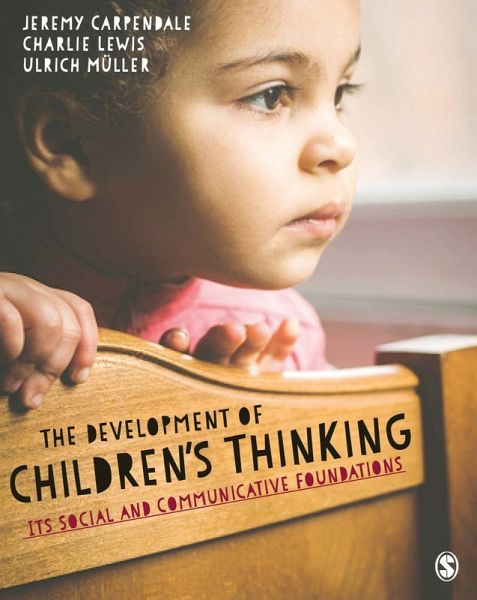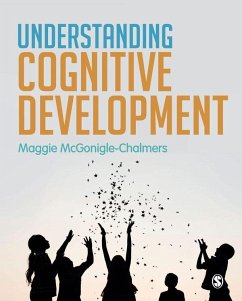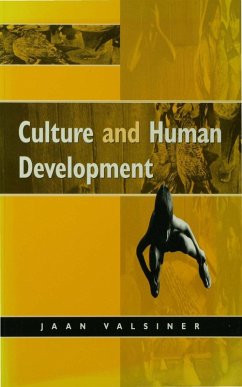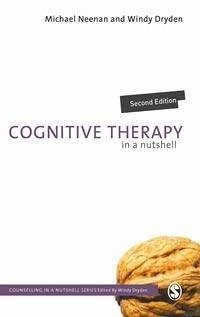
The Development of Children's Thinking (eBook, PDF)
Its Social and Communicative Foundations
Versandkostenfrei!
Sofort per Download lieferbar
40,95 €
inkl. MwSt.
Weitere Ausgaben:

PAYBACK Punkte
20 °P sammeln!
The Development of Children's Thinking offers undergraduate and graduate students in psychology and other disciplines an introduction to several core areas of developmental psychology. It examines recent empirical research within the context of longstanding theoretical debates. In particular, it shows how a grasp of classic theories within developmental psychology is vital for a grasp of new areas of research such as cognitive neuroscience that have impacted on our understanding of how children develop.The focus of this book will be on infancy and childhood, and it looks at: Theories and cont...
The Development of Children's Thinking offers undergraduate and graduate students in psychology and other disciplines an introduction to several core areas of developmental psychology. It examines recent empirical research within the context of longstanding theoretical debates. In particular, it shows how a grasp of classic theories within developmental psychology is vital for a grasp of new areas of research such as cognitive neuroscience that have impacted on our understanding of how children develop.
The focus of this book will be on infancy and childhood, and it looks at:
The focus of this book will be on infancy and childhood, and it looks at:
- Theories and context of development
- How developmental psychology attempts to reconcile influences of nature and nurture
- Communication in infancy as a precursor to later thinking
- Language development in primates and young children
- Cognitive and social development, including the child's understanding of the mind
- How studies of moral reasoning reflect upon our understanding of development
Dieser Download kann aus rechtlichen Gründen nur mit Rechnungsadresse in A, D ausgeliefert werden.













